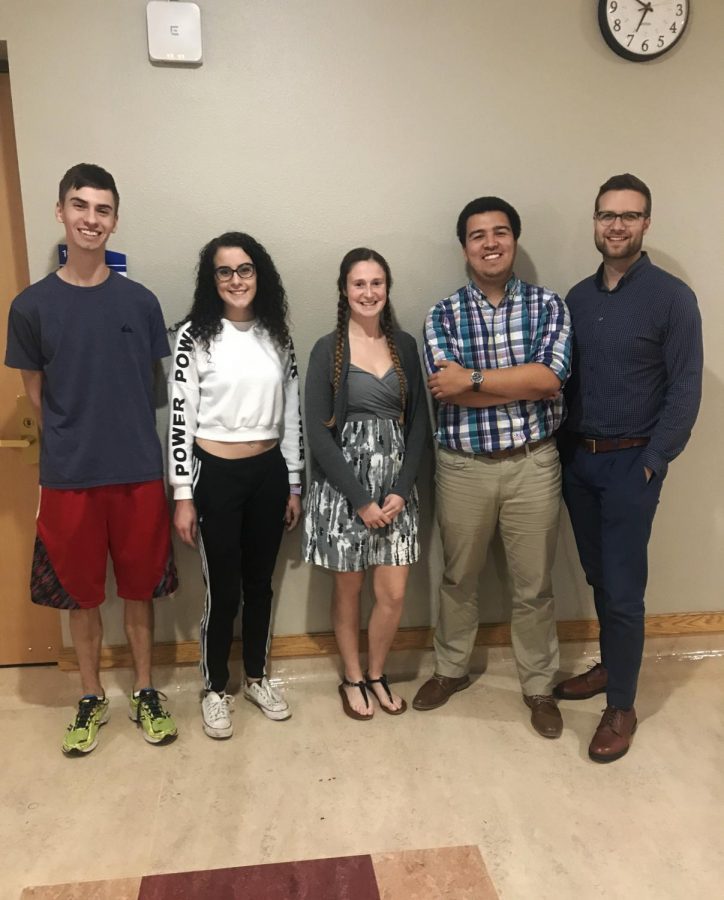Psychology students conduct experiments
UW-Platteville students gain experience doing research with real students
This Tuesday, psychology students in Behavioral Research II finished collecting data… on other students.
Each year, psychology majors go through a two-semester sequence where they experience the process of conceiving research questions, generating hypotheses and planning and excecuting a study.
This research gives them experience for their upcoming careers.
Before they experiment on willing participants, they must first spend a semester learning and preparing on how to design and conduct a research experiment. After that, they go through the lengthy process of submitting a proposal for “Research on Human Subjects” to the Institutional Review Board (IRB), just as any faculty or staff member engaged in research must do.
According to the UW-Platteville website, “All research projects, funded or unfunded, originated at or supported by UW-Platteville, that involve humans as participants, or data or materials derived from humans, must be reviewed and approved by the IRB before the research is initiated.”
The IRB has the final say on whether the proposals are well-designed and ethical. Students collecting data this fall had their proposals reviewed last spring.
Senior psychology major, Austin Dye, along with his research parter, psychology major Dana Mueller, are conducting their research on how music genres affect the mood of people.
“Music has become such an important factor in today’s society, and it envelops the daily life of an average person. We wanted to conduct a study to see how impactful music is on our daily lives,” said Dye.
Cinema is a perfect example of how music can effect mood. Darker musical tones always set the mood for when something grim is about to happen.
“We are hoping to get some experience, and we are excited to see the final results of the data,” Dye said.
Psychology professor Alec Eshelman, who teaches the course, said that most of the research subjects are volunteers from the General Psychology courses.
“The research nights, like tonight, are to collect data…We finish data collection this early to give students time to write up their research,” Eshelman said.
This December, once students have finished writing up their research, they will present their findings and open the floor to questions at the Psychology Symposium, which is open to all faculty and staff.




